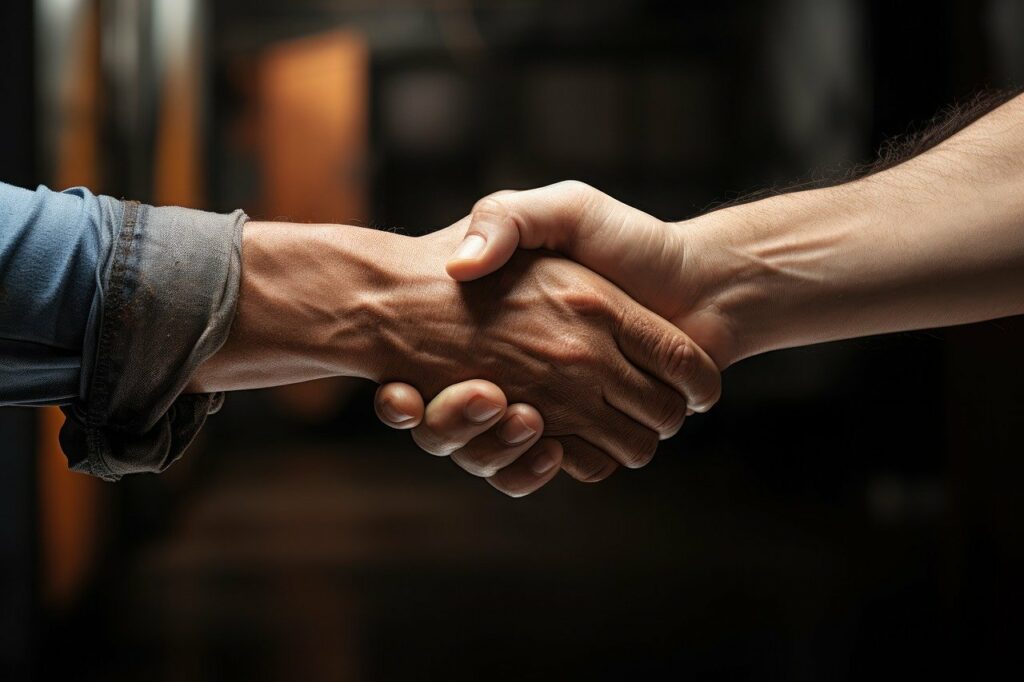At the recent Global Hydrogen Ecosystem Summit 2025 in Jakarta, Hyundai Motor Group and Indonesia’s Pertamina Holdings announced a forward-looking partnership aimed at producing hydrogen from organic waste by 2027.
This initiative reflects Hyundai’s pursuit of a global hydrogen ecosystem, yet such an ambitious endeavor highlights significant economic and infrastructural hurdles. Pertamina has designated a site in West Java, where Hyundai plans to construct hydrogen reformers and hydrogen chargers. Though the specific financial details remain undisclosed, the project marks a significant milestone as Hyundai’s first waste-to-hydrogen effort outside its home country of South Korea, where it has concentrated similar projects. The collaboration comes amidst declining hydrogen vehicle sales and widespread industry concerns regarding the viability of hydrogen as an energy source due to high costs and scant infrastructure.
Hyundai’s venture into Indonesia hinges on utilizing the Sarimukti landfill in West Java, which processes 80 percent of the 1,500 tons of waste generated by Bandung daily. This waste conversion employs Hyundai’s technology known as hydrogen reformers to turn biogas into clean hydrogen, promising reduced environmental impact and alleviated waste management challenges. The Indonesian government supports the project’s potential to address the country’s extensive waste issues while aspiring to make it a regional hydrogen hub. Nonetheless, the global trend shows many companies pausing hydrogen projects, primarily attributed to prohibitive production expenditures and insufficient infrastructure support.
Stay updated on the latest in energy! Follow us on LinkedIn, Facebook, and X for real-time news and insights. Don’t miss out on exclusive interviews and webinars—subscribe to our YouTube channel today! Join our community and be part of the conversation shaping the future of energy.
